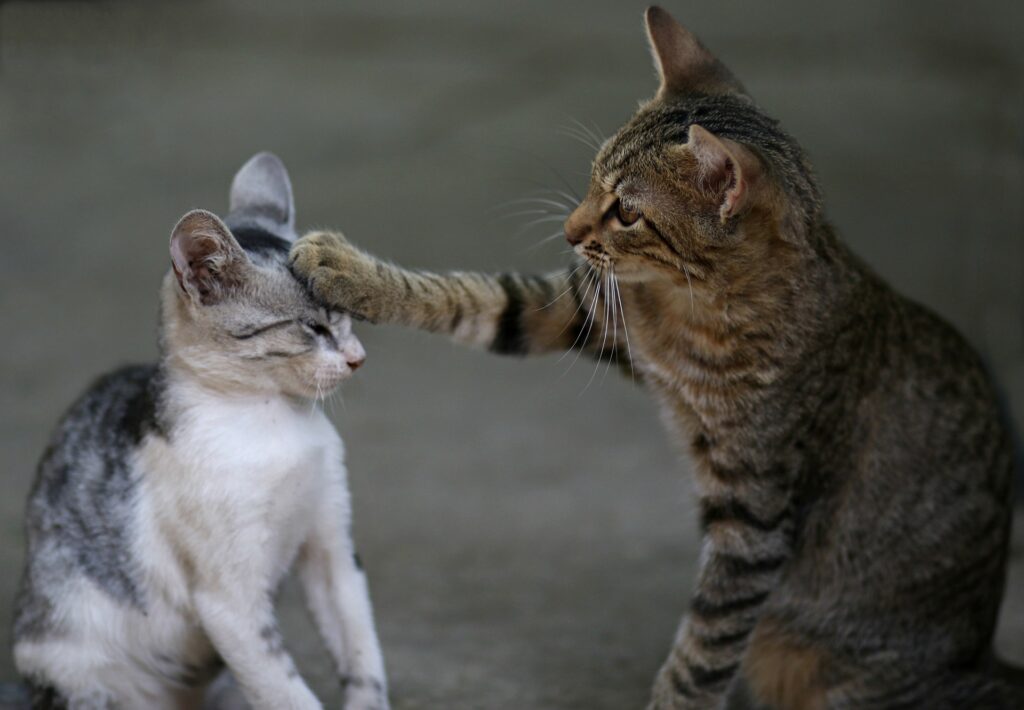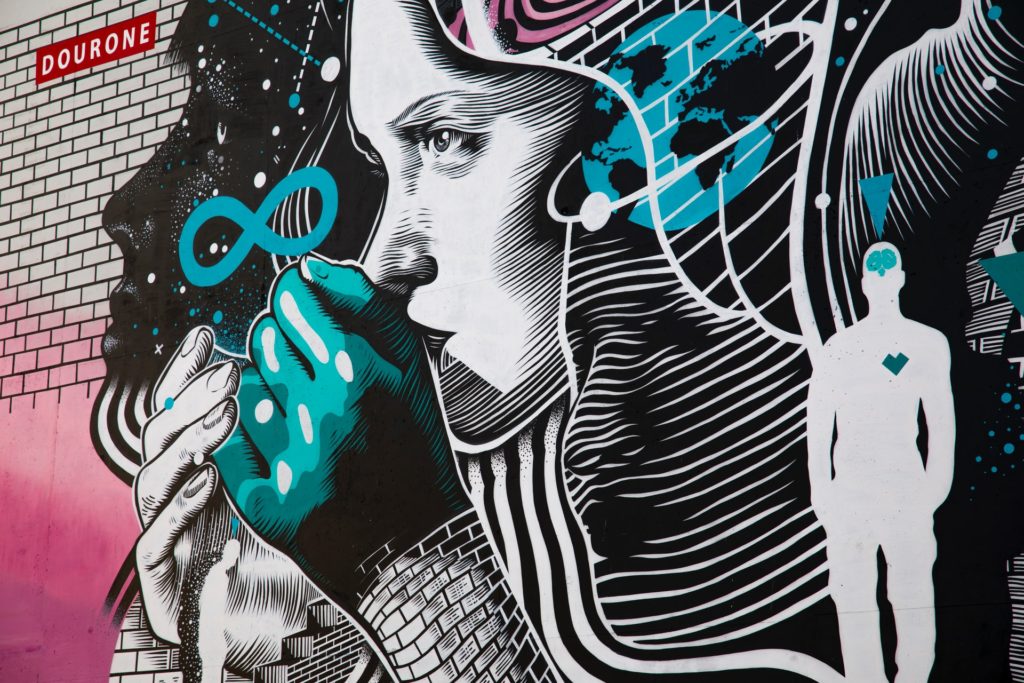You might have seen some memes going around claiming “Idiots, everywhere!” or something of the sort. As George Carlin famously said, imagine how dumb the average person is, then realize half of them are even dumber. But to deal with incompetence (which isn’t quite the same as stupidity, which isn’t quite the same as ignorance), we need to also take something else into consideration: the role of malice.
There is a world of difference between an incompetent person who, still, has good intentions, and one who is malevolent. In other words, the saying “the road to hell is paved with good intentions” is seriously misleading.
Why?
But because benevolent incompetence will want to rectify its repercussions, whereas malevolent will not even recognize there is a problem.
Let’s try to categorize all this and come up with a theoretical framework, to see where (if anywhere!) it gets us.


